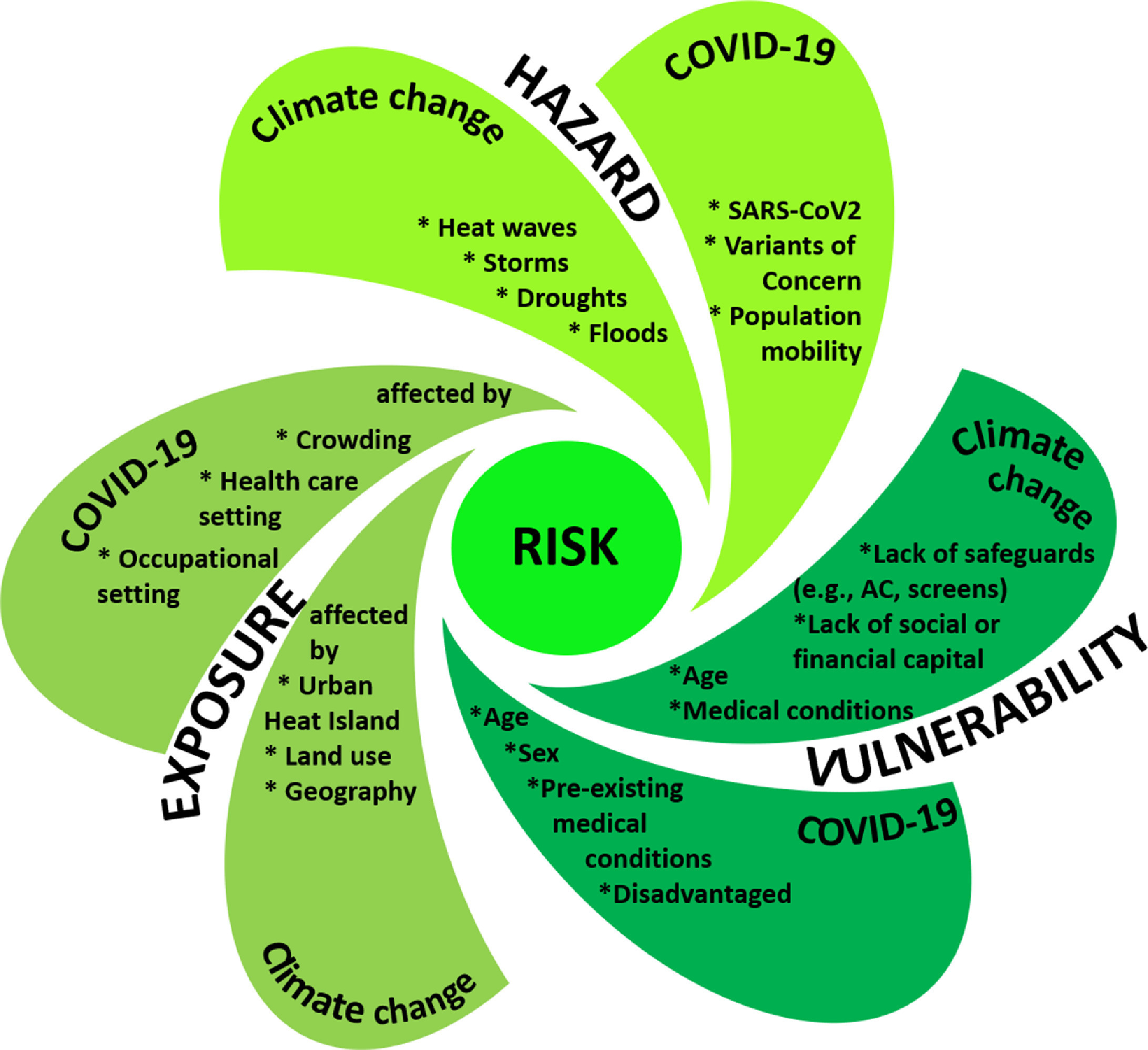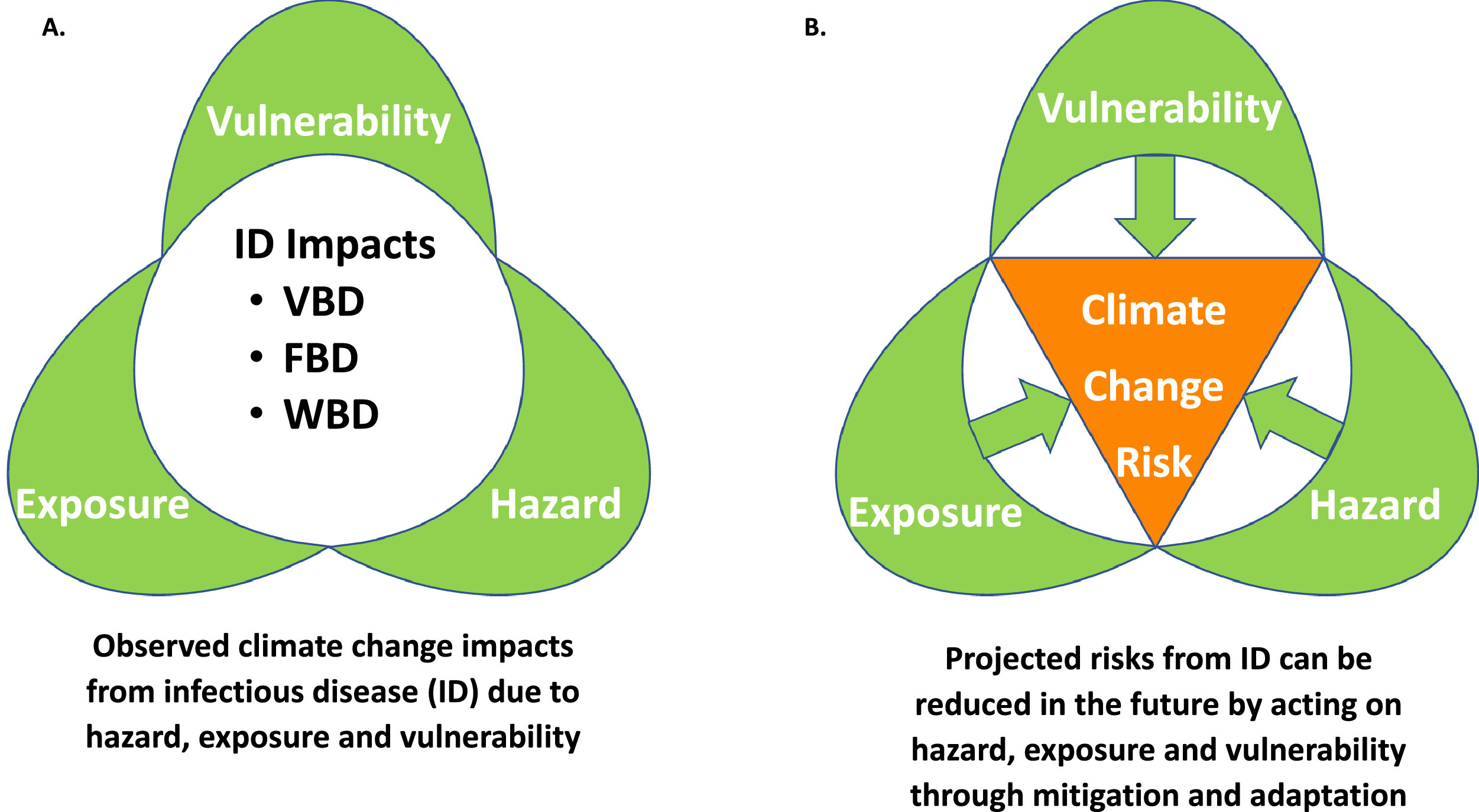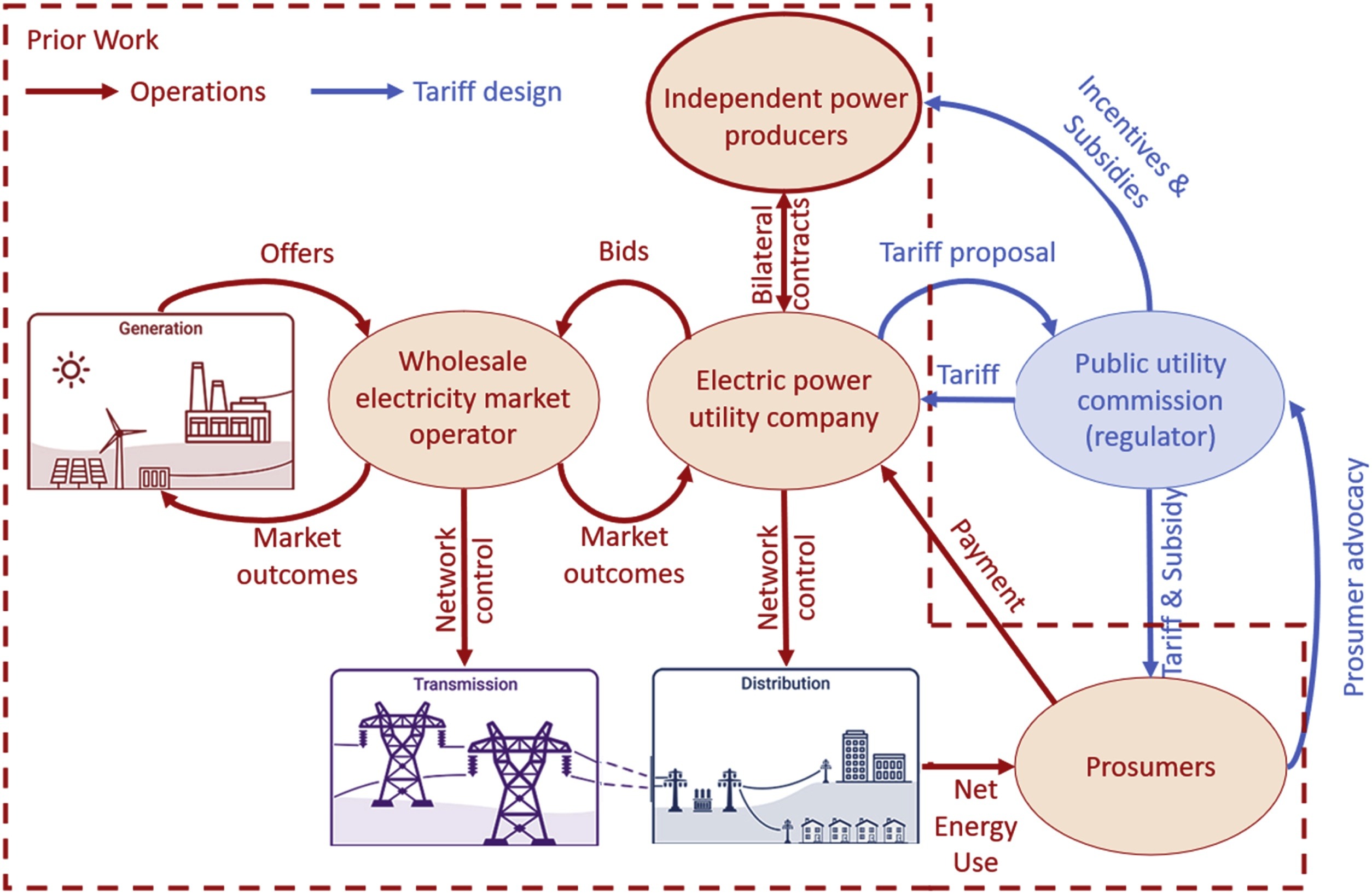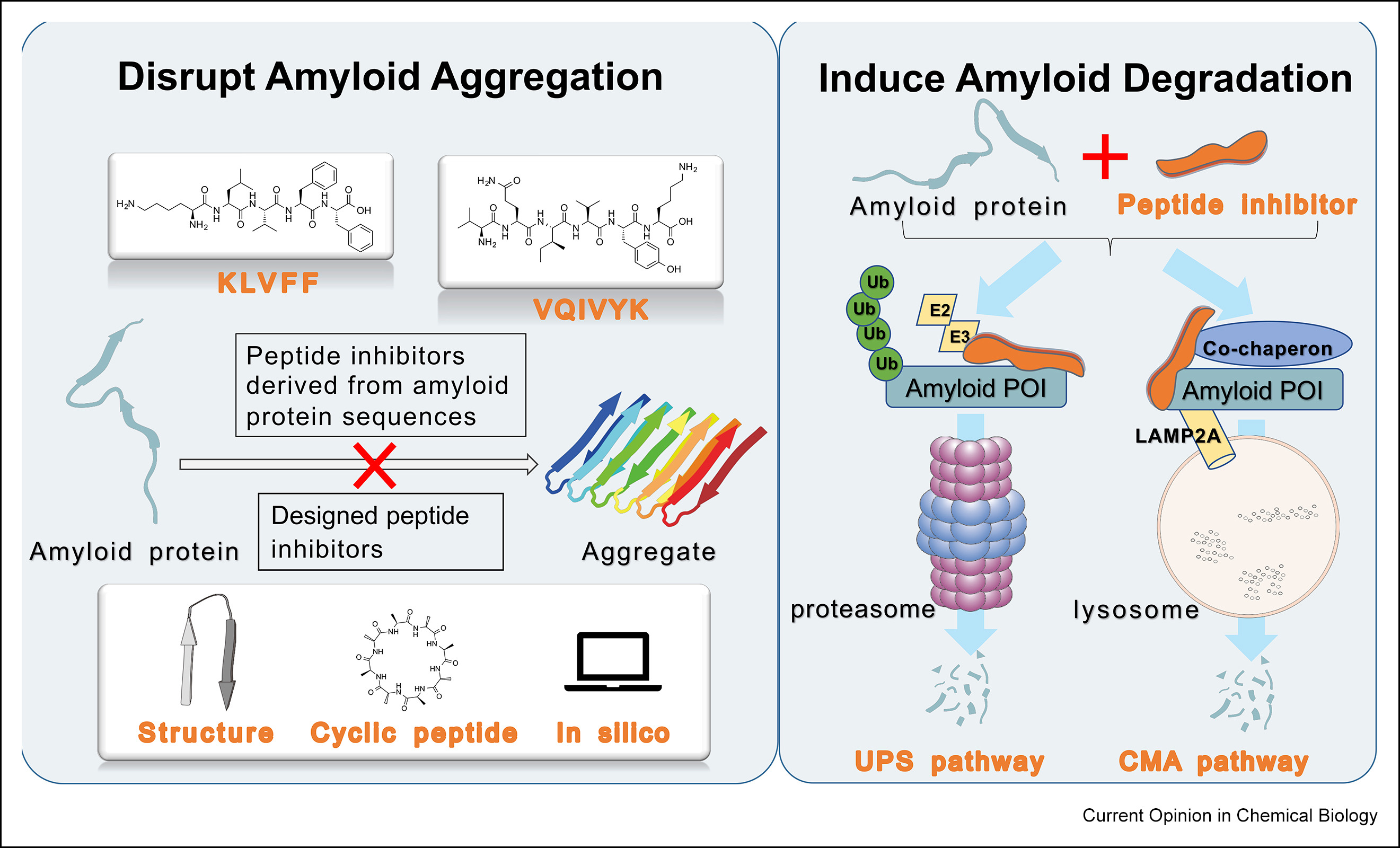Food Quality and Preference, Volume 93, October 2021
In view of all kinds of sustainability concerns related to our current diet, it is essential to gain a good understanding of the sustainability motives consumers have for selecting their food. A comprehensive and validated scale to measure sustainability motives within the full range of food choice motives could contribute to this understanding, especially as sustainability is a multi-faceted concept in which the different aspects can sometimes be conflicting.
Current Opinion in Chemical Biology, Volume 64, October 2021
Amyloid proteins can aggregate into insoluble fibrils and form amyloid deposits in the human brain, which is the hallmark of many neurodegenerative diseases. Promising strategies toward pathological amyloid proteins and deposition include investigating inhibitors that can disrupt amyloid aggregation or induce misfolding protein degradation. In this review, recent progress of peptide-based inhibitors, including amyloid sequence–derived inhibitors, designed peptides, and peptide mimics, is highlighted.








